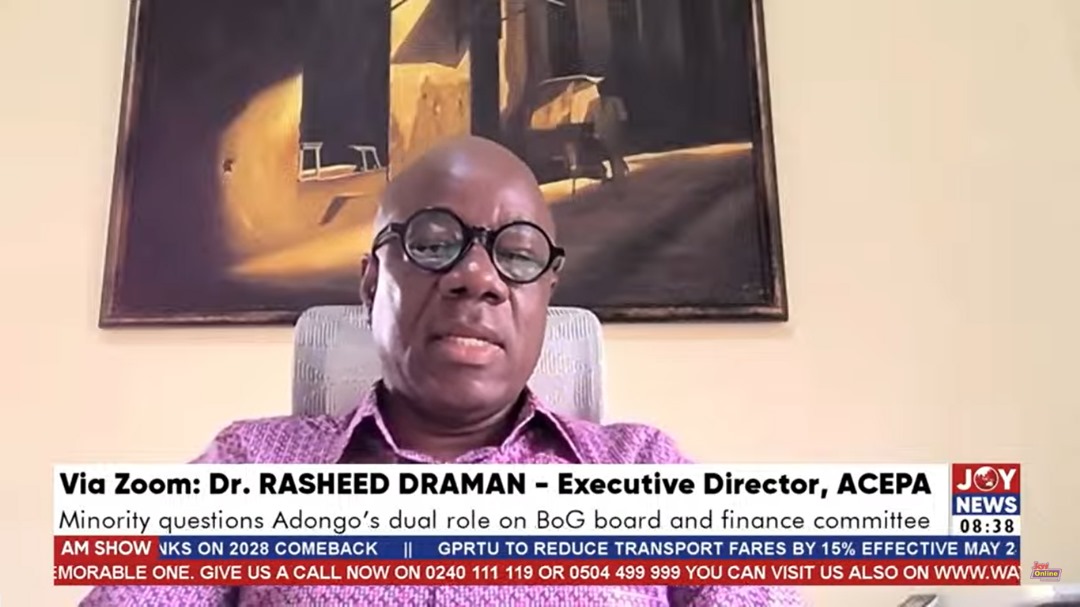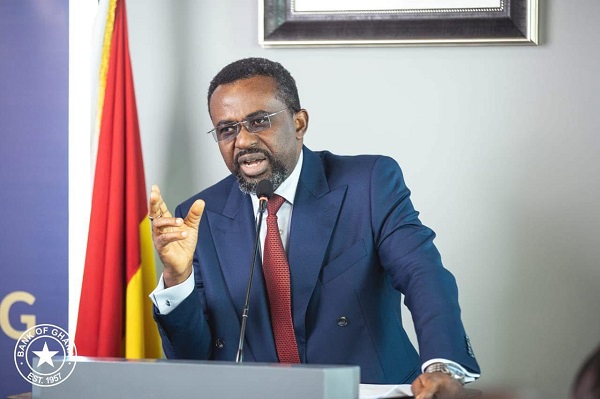Post-IMF: Can country hold the line without a lifeguard?
-The cedi’s recovery is real, but can it withstand political currents?
So many times, I’ve watched Ghana’s economic playlist shuffle through panic, policy, and temporary relief, so much so, I can hum the tune in my sleep.
But becoming accustomed to our cyclical dance of economic emotions hasn’t stopped my big head from oscillating between caution and optimism.
I’m beginning to feel strongly that this International Monetary Fund (IMF) remix may be our last real shot at a lasting economic rhythm. Why?
As of mid-May 2025, the Bank of Ghana’s (BoG) interbank chart indicates that the Ghana cedi has clawed its way back to approximately GH₵12.44 to the dollar, with most banks in Ghana selling it between GH₵12.76 and GH₵13.30. While this may feel like a miracle, or perhaps a fluke, it is, in fact, a calculated outcome of painful policy choices.
Once bruised by the sheer weight of macroeconomic missteps, the Ghana cedi now enjoys a rare moment of strength. However, in economics, as they say in swimming, staying afloat without a lifeguard is the true maturity test. That lifeguard, for now, is the IMF.
Through the Extended Credit Facility programme, Ghana is beginning to re-emerge as a credible financial partner.
The discipline demanded by the fiscal consolidation programme—and the government’s commitment to seeing it through—paired with a tighter-than-usual monetary regime from the Bank of Ghana, and complemented by the Gold for Reserves programme initiated by Dr. Bawumia and the BoG in late 2021, has collectively helped pull the Ghana Cedi out of freefall.
Adding to that is the general weakening of the US Dollar due to global trade dynamics, making the rebound feel less like luck and more like intention.
Budget deficits have narrowed. Inflation is beginning to cool. Capital flows are also starting to stabilise. All thanks, in no small part, to the calming effect of external surveillance, and, of course, our commitment to regaining credibility and fiscal health.
But let’s not mistake calm for cure. This Ghana cedi appreciation is policy-induced, not structurally earned. The roots of our past volatility—weak export diversity, unpredictable revenue, and politically sensitive spending— remain largely untouched. The real test lies ahead, after May 2026, when the current IMF programme ends.
And that timing is no coincidence. It neatly sidesteps the fiscal excesses of an election year and overlaps with Ghana’s expected return to global capital markets. Eurobond issuance? Likely. Syndicated loans? Almost certain.
The temptation to borrow for “transformational” projects will be overwhelming, especially in the heat of campaign rhetoric.
The question is: what holds the line once the IMF steps aside? I’ve said it before in my previous articles: discipline and the political will to put Ghana first, not any individual, group, or party, must be fundamental alongside the necessary structural reforms that provide long-term calm and stability.
History should give us pause. In 2019, Ghana exited its last IMF programme with high hopes and slid back into old habits within months—bloated spending, weak tax enforcement, delayed reforms. The markets responded accordingly. Yields spiked, access shrank, and by 2022, we were back in the queue.
My opinion is that we can protect our gains and finally break free from our old post-IMF paradox of ‘business as usual’. For the post-IMF chapter to be one of autonomy, three things must be fundamental:
First, revenue reform must outlive the programme. That means broadening the tax base, instituting creative revenue programs, digitising collections, and enforcing compliance, not just ticking boxes for disbursement. Without stable revenue, debt dependency remains our default setting.
Second, public spending must be tied to productivity. Not all deficits are bad, but many of ours are wasteful. We need value-for-money as a governing philosophy, not a procurement slogan. More than a temporary fix, efficiency must become a habit.
Third, and most critically, the political class must resist the urge to undo the hard-won gains with soft populism. That won’t be easy. Public expectations are rising alongside the Ghana cedi.
But we’ve spent too long managing the optics of stability without investing in its substance. The BoG, the Ministry of Finance and the government at large must be careful not to turn the Ghana Cedi’s recent gains into political theatre. Our focus must remain on long-term stabilization, and that means bold, sustained reforms.
If our currency’s current strength is to last, it must be backed by more than just renewed access to international markets. We need to rebuild credibility with them. And that means policies people can trust, alongside our promises of sustainability. If we miss that, we’re only delaying the next crisis. The IMF programme may have bought us time, but what we do with that time will define whether we’ve learned anything at all.
The lifeguard won’t always be there. We either swim on our own or sink again.











